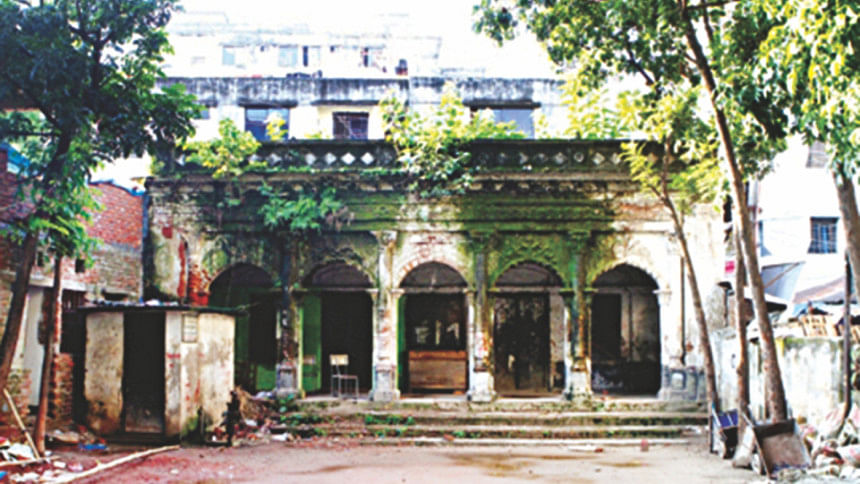Living with vested property

Right to own (inherit) property is a basic right and neither an individual nor the State can snatch away this right arbitrarily. The continuance of the Vested/Enemy Property Act even after the liberation war was contradictory with the spirit of freedom and liberty mentioned in our Constitution. Historically, it is evident that the Vested Property Act acted as a brutal framework against the minority Hindus. According to a study conducted by Dr. Abul Barkat, during 1965 till 2006, a total of 1.2 million households or 6 million populations belonging to Hindu religion had been affected by this barbarian, anti-constitutional Act. The total amount of land property dispossessed would be at 2.6 million acres and nevertheless to say there are other forms of distress, destitution, dispossession and deprivation.
It is very important to note that the less well-established Hindus were mostly affected through this Act than the well-off Hindus and ultimately lost their vested land and other properties by the grabbers. The affected parties tried to release their properties as well. But, 95% of the verdict of Village Shalish went against the affected person, 25% affected person appealed to Union Council but ended with no solution and 50% of those law suits filed were either withdrawn in the face of threat or won; but without getting the property back!
Article 27 of our Constitution upholds that 'All citizens are equal before law and entitled to equal protection of law'. But we cannot find any proper initiative by the Government [still now] to resolve this social dilemma. Interestingly the Vested Property Repeal (Return) Act was promulgated in 2001 where it was mentioned that within 180 days, the Government will publish the list of the vested properties through official gazette. But in 2002, it was amended by then new government and they changed this provision by allowing an unlimited time to publish the list thus the list were never published by the government and the deprivation continued.
According to Professor Amartya Sen, five types of freedom is essential to establish true humane development; which are political freedom, economic facilities, social opportunities, transparency guarantees and protective security. Moreover, the development entails a freedom mediated process and the freedom requires economic, social, cultural and political freedom. Development and human rights are linked with each other, in the other way, it can be said that creating the conditions for attainment of human rights is a central goal of development [Barkat, 2008]. Thus the right to life, education, food, clothing, housing, right to own property, social security has to be ensured by the State. There must not be any kinds of discrimination on the basis of race, sex or religion. Moreover, the Proclamation of Independence in 1971 and the Constitutional provision of equality, equity, freedom and justice have been violated by the continuance of Vested/Enemy Property Act in Bangladesh even after independence. If the State becomes non-respective towards the problem and if not addressed timely, it obviously causes the perpetuation of deprivation; so it is the high time for the ruling Government to ensure freedom, equality and justice through the possible realistic solution of this dilemma.

 For all latest news, follow The Daily Star's Google News channel.
For all latest news, follow The Daily Star's Google News channel. 



Comments